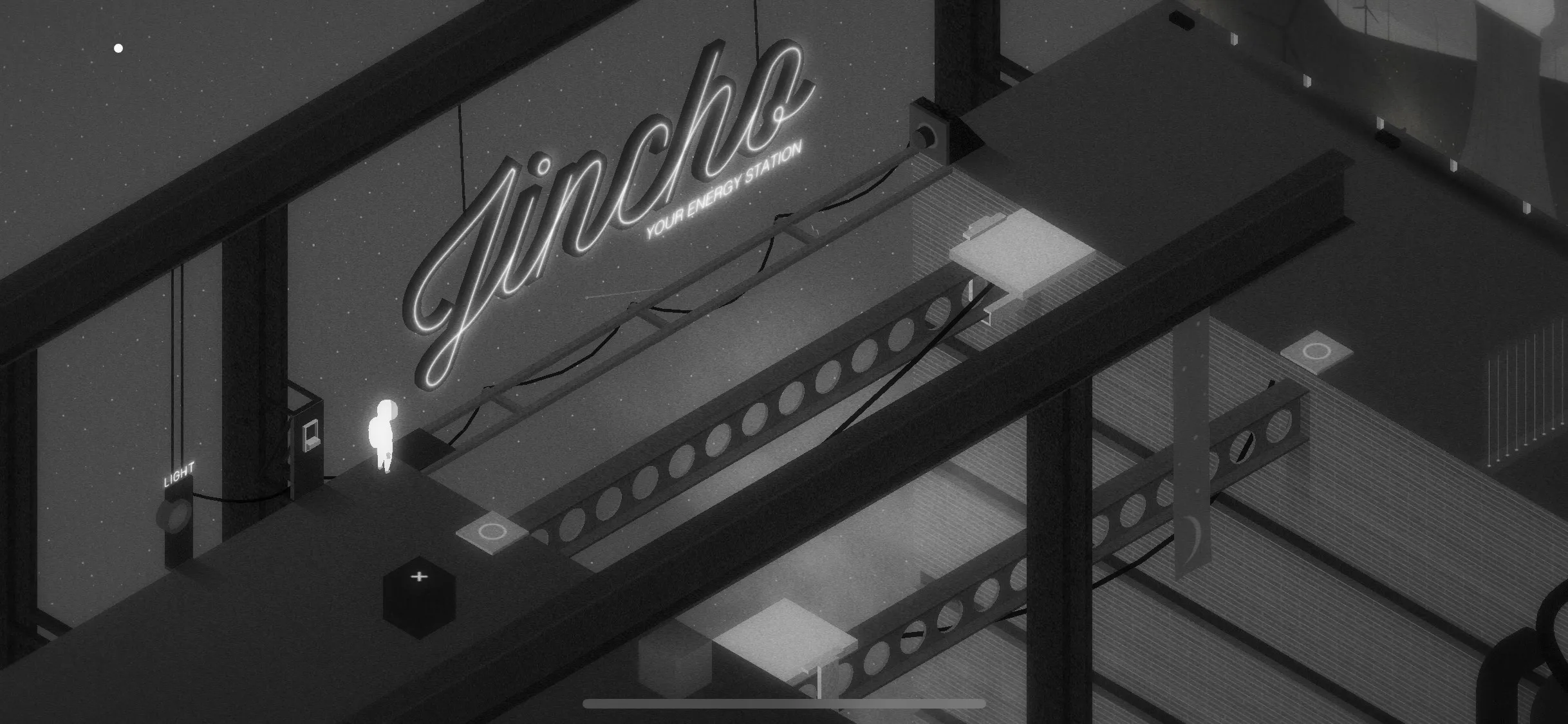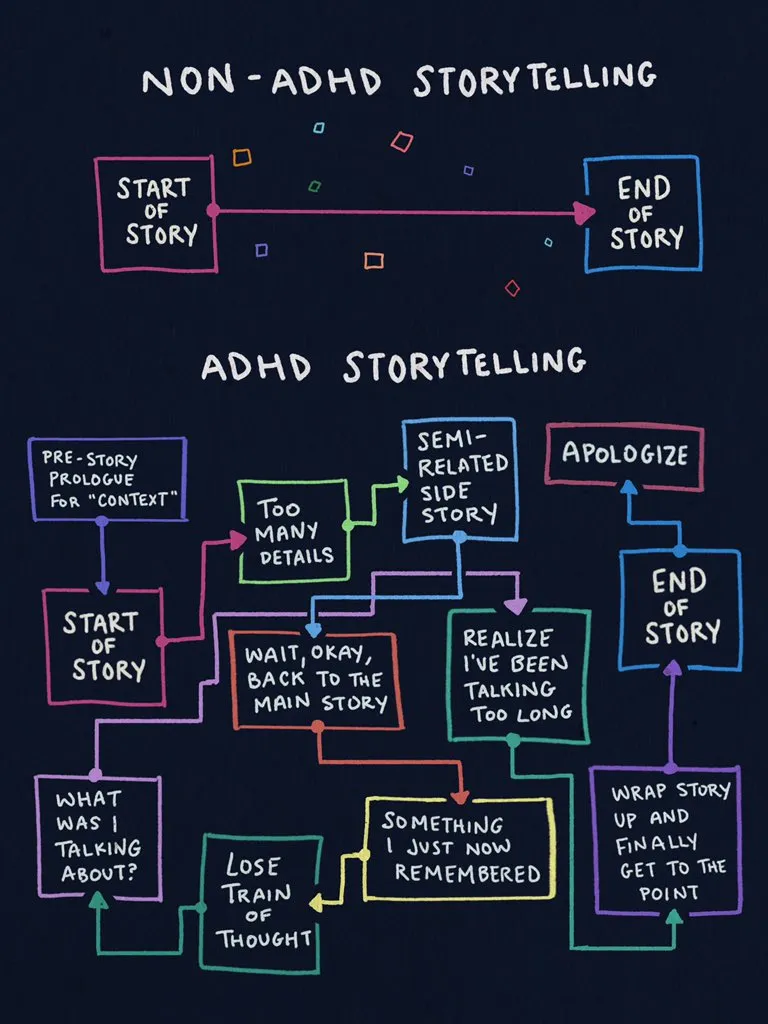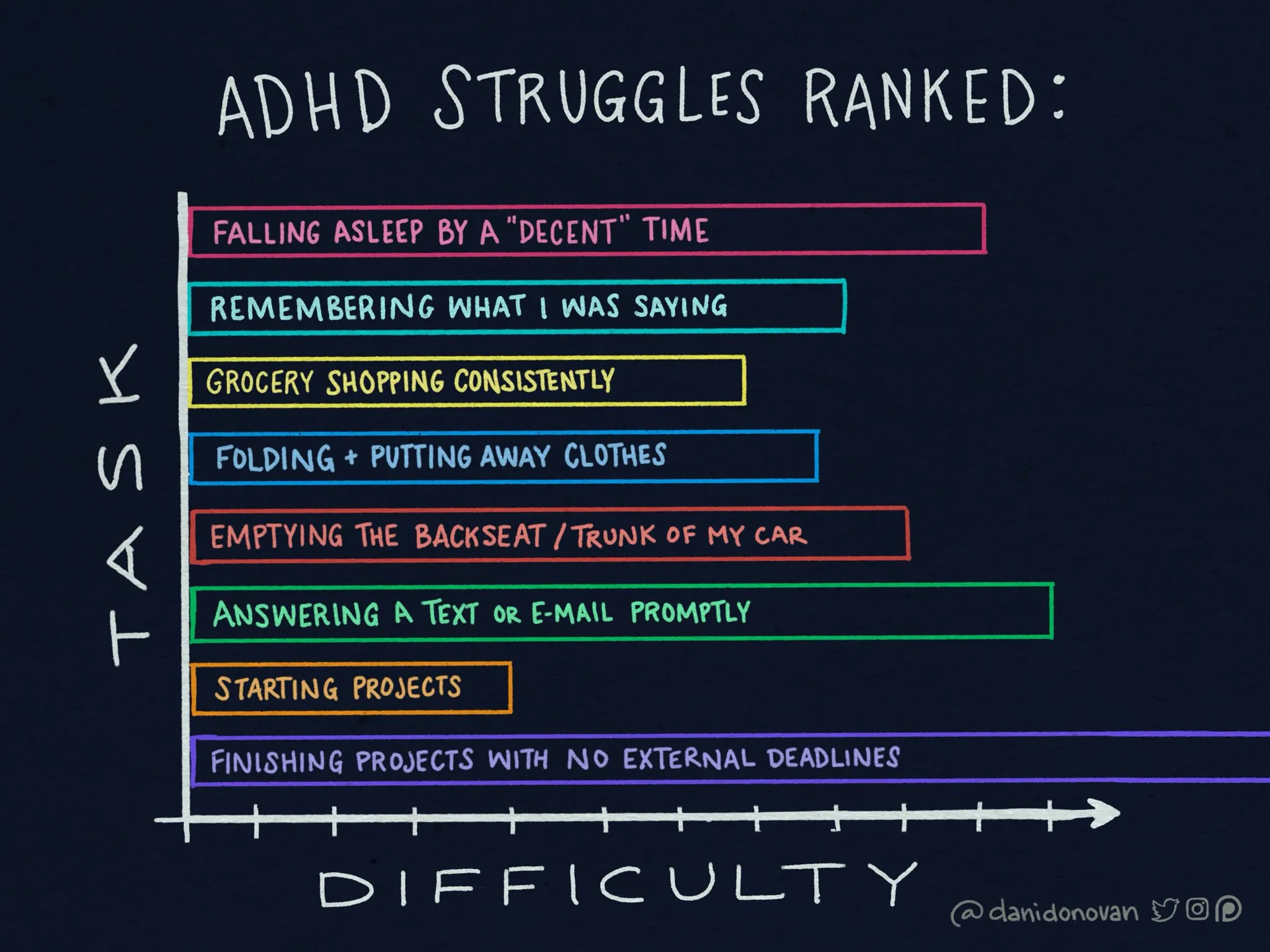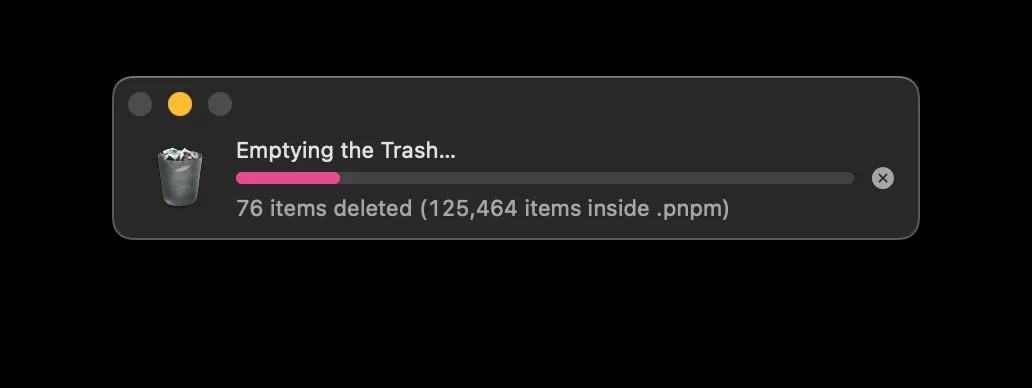Juliana Lepine
Makes amazing sculptures. See the ones of Freddie Mercury and Doc Brown posted on social media quite often. Has an active YouTube channel.

Makes amazing sculptures. See the ones of Freddie Mercury and Doc Brown posted on social media quite often. Has an active YouTube channel.

Cached a list of CNN-IBN’s list of “the 100 Greatest Indian Films of All Time” for later perusal because the source website is cancer.
Gave Hugo a try and was quite impressed by the ease and speed. The official documentation kinda sucks at introducing key ideas (like taxonomies) in a gradual way that’s helpful to newcomers, but is great for variable and function references. Found these two posts very helpful. Here’s another that explains template variable scope well. And another that goes over theme development step-by-step.
Sticking to Jekyll for now since
Hugo is as insanely fast as advertized. I love the section and taxonomy abstractions, myriad content types, and I18n support. I’d use it to build any static website that’s not a blog. For now, Viva Jekyll.

Brooding and wonderful stuff by the brothers Jacobo and Sergio Abril of Nada Studios (who are architects.)








The Des Moines Register on how to send them email in (I’m guessing) the late 80s/early 90s.

An article on how Baud Rate isn’t the same as Bit Rate
Baud rate refers to the number of signal or symbol changes that occur per second. A symbol is one of several voltage, frequency, or phase changes. NRZ binary has two symbols, one for each bit 0 or 1, that represent voltage levels. In this case, the baud or symbol rate is the same as the bit rate.
– Lou Frenzel, Electronic Design, “What’s The Difference Between Bit Rate And Baud Rate?”
Via /r/bitcoin
Can’t Unsee is “Spot the difference” for UI nerds. 6530. On the “hard” sections, wondered how much the minutiae matter if a user is unable to discern the difference between two comps after a few seconds.
Via Deepu
I think my job doesn’t have an end goal. Words like “finished” or “complete” don’t exist. We do our best with today’s menu and entertain our guests. That’s all for today, it’s repetition.
– Chef Nozumu Abe, Sushi Noz
In an age where we interact primarily with branded and marketed web content, Cameron’s World is a tribute to the lost days of unrefined self-expression on the Internet. This project recalls the visual aesthetics from an era when it was expected that personal spaces would always be under construction.

I don’t understand the ratings and the hullabaloo over what was affluence porn with a tired Bollywood plot (Kabhi Khushi Kabhie Gham came to mind but I’m sure there’s something else that aligns better with CRA.) Might be a satirical, over-the-top take on new and old money in Singapore, though I wonder it was construed as such by the target audience.
And then:
Racism against minorities is endemic in Singapore. Job advertisements frequently only ask for those who can speak in English and Mandarin, and even if minorities are able to do so, they are told that only ethnic Chinese are wanted. Muslim women in hijabs are kept out of certain civil service jobs because of their headwear. While there are police bans on speaking in Tamil, there are yearly tax-funded programs to promote speaking in Mandarin. Minority representations are rife with stereotypes and the idea of the quintessential Singapore girl is one that embodies only East Asian beauty standards. The country’s ruling power has stated that Malay-Muslims in Singapore cannot be trusted in the armed forces due to their divided loyalties between religion and state. It has further accused them of being unable to ‘integrate’ an irony considering that Malay people are considered the original inhabitants of the land. The founding father of Singapore, Lee Kuan Yew, holds views on genetics that would seem disconcertingly similar to eugenicist and white supremacist ideals, as he has touted the genetic superiority of the Chinese as stronger and hardier, with Indians not being as bright, but still better than the lazy, un-driven Malays. Chinese people wear Indians in ‘brown face’ and many elite public schools are reserved for them.
[. . .] Given this context, this movie is actually perpetuating the state of racism and Islamophobia in Singapore. The only Brown people in the movie are opening doors or in service of the elite Chinese in the movie. Minorities only exist in the periphery of the film. Why is this being lauded as revolutionary?
What people celebrating this movie are doing is bringing a Western racial framework to bear upon a Singaporean one.

A slasher version of A Quiet Place except The Monster gets you when you open your eyes (but only at key moments that further the plot.) Snoozefest after the first half. Had no idea that the lanky, highly tattooed extra is a famous rapper. A few plotholes that bugged me:
What exactly constitutes a safe barrier between your vision and the outdoors? By the movie’s standards, a thin-fabric blindfold and a sparse canopy of leaves count, but a security camera does not.
How did Trevante Rhodes manage to keep such a defined six-pack over the course of five home-bound years, and would he be willing to share that workout routine?
Elsewhere, Gizmodo on how the unseen monster is an allegory for the pernicious effects of social media on our lives. Huh.

A masterpiece. Powerful and harrowing. Glad I stayed till the end of the credits.
Still, the film doesn’t hold back in its depiction of the brutality of trench combat, and how most British soldiers started seeing the war as a pointless effort the longer it dragged on. “The strongest opinion they would have had was, ‘The German army’s in Belgium and France, and we’re coming over here to push them out because we’re friends [with Belgium and France],’” Jackson said. “I don’t think people could quite get their heads around why the British and the Germans were suddenly enemies.” As the conflict winds down and more prisoners of war are taken, testimonial after testimonial in They Shall Not Grow Old suggests that British soldiers saw little difference between themselves and their supposed adversaries.
“They were dealing with the same hardships, eating the same crappy food, in the same freezing conditions, and they felt a sort of empathy,” Jackson said. “They were there because their governments told them to be there.” That empathy, mixed with a sense of futility, is what makes They Shall Not Grow Old such a precise triumph. Jackson takes whatever amorphous ideas the average viewer might have about the First World War and uses real human experience to give them shape. As the film’s hundred-year-old footage springs to life, each face—whether muddied, wearied, relieved, or overjoyed—suddenly belongs to a recognizable person again. It’s both thrilling and humbling to witness.
– David Sims, “They Shall Not Grow Old Is a Stunning World War I Documentary”
It was the greed of rich belligerents trying to get richer. W.E.B. Du Bois, the black writer and activist, said it was the competition over resource-rich colonies in Africa. It was a struggle between liberty and autocracy (although czarist Russia’s alliance with France and England undercut that argument). It was because mankind’s moral instincts—this was philosopher and pacifist Bertrand Russell’s view—lagged behind its material wealth. It was Germany’s psychological insecurity, triggered by Britain’s naval supremacy and the fear of Russia’s rising might. It was, simply, the insanity of the only carnivorous species that kills its own kind for no good reason.
– Burt Solomon, "The Tragic Futility of World War I
"
In programming, it is also common to refer to the “NIH syndrome” as the tendency towards reinventing the wheel (reimplementing something that is already available) based on the belief that in-house developments are inherently better suited, more secure, more controlled, quicker to develop, and incur lower overall cost (including maintenance cost) than using existing implementations. In-house developments are often collaborative with each other. When two in-house developments come together, it is informally known as “computer incest.”
Found when I was looking for a dependency-free XML-to-JSON parser wherein the author notes the “fine NIH tradition of JavaScript developers everywhere.” Reminded me of this

A highly configurable, free-for-private-use typeface

Oh how I love a good David Mitchell rant. This one’s on avoiding taxation via pension contributions:
[. . . ] what we’re essentially saying is that people get to choose, if they’re rich, how much they reckon they out to pay. Where on this moral scale do they place themselves, what can they square with their greed and their conscience.
And that’s an insane system because ultimately, that is a tax on conscience. That means that the conscience you’ve got, the better person you are, the more you pay in tax. So we’re taxing being nice.
Now any economist will tell you that what you do in government is you tax the thing you discourage and you don’t tax the thing you want to encourage. So we tax nicotine, because we want to discourage smoking. We tax alcohol, we want to discourage drinking. But we don’t tax pension contributions because we want to encourage people to put things into their pensions.
So what we’re doing is we’re discouraging people from being nice and having a conscience by taxing it. And that is the most fucking bonkers system that we could’ve possibly come across.
via DH.

Binged this. Narcos (kinda) + Gangs of Wasseypur. Violent, stylish, predictable. Pankaj Tripathi is excellent.
The 41-year-old actor had nine releases last year, of which he bagged a special mention at the National Film Awards for his performance in ‘Newton’. “With the films I am offered today, I’m satisfied, in the sense that from the last two months, I have been choosing really good scripts. But I’m still searching for that one script which would truly amaze me, challenge me. It will take time and I’ll get what I want. I am an actor here but my approach is still that of a farmer. I’ve sowed the seeds, now I’m waiting for the plant to grow. I’m in no rush,” he said.

Venom goes from evil alien mastermind who wants to take over the planet to Toothless in “How to Train Your Dragon” in about five minutes.

His new motivations make no sense whatsoever.
But in the case of Venom, the action follows nothing. There’s no reason for Venom to risk his life because he doesn’t seem to care about people, and it’s never been his arc to learn about why caring for humanity is important. Venom is not about an alien symbiote coming to Earth and learning that people are worth saving. It’s about a cannibalistic, violent force who merges with a hapless shmuck and decides to stick around. Venom’s sacrifice means nothing because even if you buy that he’d be willing to save Earth, that’s different than being willing to die to save it.
– Matt Goldberg, “The Ending of ‘Venom’ Is Familiar Except It Makes No Sense”
Honest Trailers on the movie. I suppose it’s all forgiven if you make $0.9B. Of course there’s a sequel. Of course I’ll watch it.

Watched with LD. Clever, clever! Loved all but the last 15 minutes.
NPR on why many of us can identify with little Agnes:
The study found that for the entire group of participants, cuter creatures were associated with greater activity in brain areas involved in emotion. But the more cute aggression a person felt, the more activity the scientists saw in the brain’s reward system.
That suggests people who think about squishing puppies appear to be driven by two powerful forces in the brain. “It’s not just reward and it’s not just emotion,” Stavropoulos says. “Both systems in the brain are involved in this experience of cute aggression.”
The combination can be overwhelming. And scientists suspect that’s why the brain starts producing aggressive thoughts. The idea is that the appearance of these negative emotions helps people get control of the positive ones running amok.
“It could possibly be that somehow these expressions help us to just sort of get it out and come down off that baby high a little faster,” says Oriana Aragón, an assistant professor at Clemson University who was part of the Yale team that gave cute aggression its name.
– Jon Hamilton, “When Too Cute Is Too Much, The Brain Can Get Aggressive”
Shturmovshchina was a common Soviet work practice of frantic and overtime work at the end of a planning period in order to fulfill the planned production target. The practice usually gave rise to products of poor quality at the end of a planning cycle.
It has three very, very familiar stages
- Spiachka (hibernation) – this is the first third of the planned period. Nobody’s doing anything, mostly because there are no orders to do anything
- Raskachka (buildup) – at this stage it is more or less known what should be done, but there is too much time ahead, and during that time the requirements may change, as well as the management;
- Goriachka (fever) – this is the last stage of the planned period; by the end of this stage the product is supposed to be ready, or the management may be reprimanded; everybody works like crazy, with the bright future being so near.
This is absolutely beautiful. I’m happy there’s a way to generate music that sounds like one of my favorite tracks.

Excellent stuff. Tabu is a National Treasure 🙌 Second Sriram Raghavan movie, first being Ek Hasina Thi.
'Posting’ in the pen world refers to what you do with your pen cap while you write [. . .] when you put the cap on the back of the pen while you write, regardless of whether it pushes on or screws on with threads.
and
[. . .] what do you do with the cap? Do you put it on the desk? Hold it in your hand? Both of these would be ‘non-posting’ or ‘unposted’ writing methods.
I write unposted, have done so my whole life, and think that people who post are weird, pitiable, and simply wrong.

TL;DW? Denzel Washington is Liam Neeson from Taken (with a lot of that movie’s tropes.) Over on Reddit, an essential discussion of who would win a fight. Features my favorite hipster-henchman, Tait Fletcher whom I last saw in The Accountant.
Loved the first half of this song:

Dan Fogler is as awesome in this one as he was in the first. A role he was born to play:
Did you feel like you had an advantage while auditioning because you’re actually from New York?
I think I brought some real authenticity to it. I grew up in Brooklyn. When I read the part, I thought, “Oh, man, I know this guy. He’s one of my ancestors.” I have a great-grandfather, Isaac, who was a baker in New York on the Lower East Side. It’s really surreal stepping into the role. I felt like it was written for me. I felt like he was family already, so I loved him.
Then I paid homage to a lot of my favorite actors from that era, like Chaplin and Buster Keaton. When Eddie and I are together, it’s like Laurel and Hardy or Abbott and Costello. I tried to infuse him with all of that great, elegant kind of comedy, that real physical kind of comedy. Also [James] Cagney. I liked how Cagney stood. He was very conservative in his motions – because I’m such a broad, wacky guy, I thought that it helped me stay in the period. Cut to me flailing and running like a maniac. [Laughs.]
– From an interview with The Los Angeles Times’ Meredith Worner
Dijkstra on why numbering should start from zero.
Numbering is done with natural numbers. Let’s take zero to be the smallest natural number1. For the sequence (2, 3, 4, … ,12), using the convention (2 ≤ n < 13) is appropriate because
And minorly, because these are the true of another convention (1 < n ≤ 12)
All that’s prep for:
When dealing with a sequence of length N, the elements of which we wish to distinguish by subscript, the next vexing question is what subscript value to assign to its starting element. Adhering to convention a) yields, when starting with subscript 1, the subscript range 1 ≤ i < N+1; starting with 0, however, gives the nicer range 0 ≤ i < N. So let us let our ordinals start at zero: an element’s ordinal (subscript) equals the number of elements preceding it in the sequence. And the moral of the story is that we had better regard – after all those centuries!2 – zero as a most natural number.
There’s also this little nugget
I think Antony Jay is right when he states: “In corporate religions as in others, the heretic must be cast out not because of the probability that he is wrong but because of the possibility that he is right.”

by Kawanabe Kyosai, Kyosai rakuga1, 1881.
More of his stuff here. As far as band names go, “Hell Courtesan” is metal as fuck.
“Kyosai’s Drawings for Pleasure”↩︎
An interactive model of the office from The Office 😍

You open the newspaper to an article on some subject you know well. In Murray’s case, physics. In mine, show business. You read the article and see the journalist has absolutely no understanding of either the facts or the issues. Often, the article is so wrong it actually presents the story backward-reversing cause and effect. I call these the “wet streets cause rain” stories. Paper’s full of them.
In any case, you read with exasperation or amusement the multiple errors in a story-and then turn the page to national or international affairs, and read with renewed interest as if the rest of the newspaper was somehow more accurate about far-off Palestine than it was about the story you just read. You turn the page, and forget what you know.
That is the Gell-Mann Amnesia effect. I’d point out it does not operate in other arenas of life. In ordinary life, if somebody consistently exaggerates or lies to you, you soon discount everything they say. In court, there is the legal doctrine of falsus in uno, falsus in omnibus, which means untruthful in one part, untruthful in all.
But when it comes to the media, we believe against evidence that it is probably worth our time to read other parts of the paper. When, in fact, it almost certainly isn’t. The only possible explanation for our behavior is amnesia.
via.
Okay, but a paper can publish an article on Gravitational Waves authored by someone with a background in Physics on the same day as an article on makeup in the movies by a veteran showbiz reporter. Maybe I’m cherrypicking and he’s talking about the average overall quality. That being said, I do know that I wouldn’t have any MGM amnesia after reading, say, the The National Enquirer’s offerings on either topic.
Heard this and was made aware of this timeless album for the first time at a very strange party at Iowa State. RIP Sam Zaman.
The amount of energy needed to refute bullshit is an order of magnitude bigger than to produce it.
by Dani Donovan


For a single project I made the mistake of working on in my Dropbox folder:

Wonder what the downsides are to hardlinking by default. And, fundamentally, why creating an amazing, Python-like standard library is such an intractable problem in the first place.
[…]
core-jsis also utils library, quite a big one honestly! It has so many functions inside I bet a lot of other packages will be using it!Not really. Only
babel-runtimehas it in its deps. Oopsie.And returning to the starting point,
cliuses only 3 (trivial) methods from common-tags —stripIndents,stripIndent,oneLine. Oopsie daisy.In order to use these 3 methods
node_modulesneeds 1826 files. And that’s just 4 of mentioned 976 installed packages.
🤦♂️ The portion of the article that listed functionally similar packages and is-* packages was particularly dismaying. As he points out, there’s a good reason why jQuery and lodash are as immensely popular as they are1.
Was wondering if we’ll ever get back to the magic of hand-crafted web pages and found this article which led me to this modern Geocities clone 💖↩︎
Megan Garber for The Atlantic
This week, as the allegations against Tyson were gaining attention in the American media, Bloomberg published a report about the men of Wall Street and how they have decided to address the revealed abuses of #MeToo. “No more dinners with female colleagues” is one solution they have come to. “Don’t sit next to them on flights” is another. And “book hotel rooms on different floors.” And “avoid one-on-one meetings.” Having had more than a year to listen and learn and adjust to the new information, most of the men Bloomberg spoke with have looked around, searched their souls, and come to a tidy conclusion: “Avoid women at all cost.” 1
The consequences of this conclusion, for the women on the other end of it, are obvious: The women will miss opportunities for mentorship and fellowship and advancement. Their very presence will be interpreted as its own potential danger: to men’s reputations, to men’s prospects, to men’s careers. The women will, in this ingenious new strain of American Puritanism, be softly shunned: as seductive, as vindictive—as professional threats.
Emphasis mine. And
Lin Farley 2 wrote in The New York Times last year, and in its absence the term sexual harassment has become too unwieldy, too imprecise, too commercialized. As the writer Rebecca Traister put it, “We must regularly remind everyone paying attention that sexual harassment is a crime not simply on the grounds that it is a sexual violation, but because it is a form of discrimination.”
and
They accuse; he denies; sexual misconduct and its defense; point and counterpoint; the scientific method. But what gets lost in the easy binaries? What of the lives and careers and ambitions of the people doing the accusing—people who, in coming forward with their allegations, will have their names permanently entangled with the man they say did them harm? The stories of those who have lived in Tyson’s orbit have served as reminders that, here on Earth, we remain biased toward the stars.

Three years late but what an absolutely beautiful game!
“One of my main goals when designing ‘Prune’ was to respect the player’s intelligence and to respect their time, whether that player is 4 or 74,” McDonald said. “So much of the mobile game market just does not do this incredibly simple thing of respecting their players as actual human beings whose time is precious.”
– Business Week, “How a half-fallen tree inspired the hottest iPhone game right now”







Inter UI looks beautiful, comes in all sorts of weights, has thousands of glyphs, and is free 💗 (via Arun Venkatesan’s blog.)

Vulture’s 2018 Guide to Soundcloud Rappers wherein they’re classified by name: “The Lil’s” (Lil Pump/Xan/Skies/Wop/Yachty/Uzi Vert/Peep), “The Adjectives”, “The Creative Spellers”, and “The (Almost) Full Sentences”.
I’ll take this one.

ExecutedToday.com has been publishing “the story of an historical execution that took place on this date, and the story behind it” since October 2007.
The death penalty, as a subset within that vast category of “acts of violence homo sapiens do to their fellows,” blends insensibly into a dozen adjacent territories — murder, assassination, warfare, torture, low crime and high statecraft, even suicide.
That being said, it does not aim to be “an all-purpose chronicle of human cruelty.”
Because Internet. And why not, really?
Via co-worker DH. Dara Ó Briain on how Racism is better than Astrology:
Racism is one of the worst social evils they can imagine. “How dare you do that?” they say. "How dare you ascribe to me personality traits? You don’t even know me, but you tell me that you know me, and you know these things about me, and you say I share these personality traits with this huge group of people, and I don’t know them, you don’t know them, and you say not only do we have the same character traits, but we have some sort of common history and some common destiny, and you make all of these horrible presumptions on the back of what? On the back of a fluke of birth. How dare you do that?
What? Ooh, Capricorn.

Decent thriller. Cannot get over the fact that the antagonist’s makeup was awful and kept reminding me of the coconut and turmeric Varalakshmi Puja heads from my childhood 1.

Which looks like this in a cheap wig

Which, in turn, remind me of Jivaro shrunken heads.↩︎

Because I saw Naseeruddin Shah and Anupam Kher in the cast. And they were excellent.
The climax is an absolute knock-out with an accolade-winning speech by Naseer who becomes a flag-bearer for all those nameless, ordinary people battling with this modern-day scourge, the world over. The highpoint of the film is the class act by the two stalwarts of the industry: Naseer and Anupam pitch in riveting performances as the shuffling, seemingly inconsequential, nameless bomber and the no-nonsense cop. Add to this some finely nuanced acts by Jimmy Shergill and Aamir Bashir and you have a topical, gritty, high-adrenalin drama.
Neeraj Pandey wrote and directed “Special 26” as well.

Title made me think it was a sequel. Not bad as far as remakes go.

Terrible. Expected this, so not sure why I did this to myself. Thought it was a weird mashup of Varsham and Dredd. Features this ‘Grandmaster Shifuji’ who attempts to act like a Kung Fu/Kalari master in the movie and a combat veteran and “special forces trainer” in real life.
Watching what they did to Sunil Grover and Sanjay Mishra’s talents was depressing. As for Kota Srinivasa Rao: they used a North Indian voice actor to dub over his South Indian accent… with a ghastly South Indian accent 😐
Just terrible.
Ross Pomeroy for RealClearScience, “What’s the Most Efficient Language?”
[. . .] travel the world and record at least a dozen speakers of every language reading those passages aloud at their normal cadence. Count the overall number of syllables used for each passage and measure the time it took subjects to read their passage. Divide the syllable count by time to get the number of syllables spoken per second. Next, come up with some value for how much meaning is packed into each syllable, which will give you an average information density per syllable. Finally, use those values to derive an “information rate.”
and
English came out on top, but not by much. Most of languages grouped pretty closely together, however, Japanese lagged behind the rest. Interestingly, the languages that conveyed the least amount of information per syllable, like Spanish, Japanese, and French, tended to be spoken at a faster rate. This allowed these languages (apart from Japanese) to deliver a similar amount of information compared to more meaning-dense languages like Mandarin and English.
Jonathan McWhorter for The Atlantic, “The World’s Most Efficient Languages”
When a language seems especially telegraphic, usually another factor has come into play: Enough adults learned it at a certain stage in its history that, given the difficulty of learning a new language after childhood, it became a kind of stripped-down “schoolroom” version of itself.
In contrast, one cannot help suspecting that not too many adults have been tackling the likes of sǝq’ayǝƛaaɣwǝaɣhaś. Kabardian has been left to its own devices, and my, has it hoarded a lot of them. This is, as languages go, normal, even if Kabardian is rather extreme. By contrast, only a few languages have been taken up as vehicles of empire and imposed on millions of unsuspecting and underqualified adults. Long-dominant Mandarin, then, is less “busy” than Cantonese and Taiwanese, which have been imposed on fewer people. English came out the way it did because Vikings, who in the first millennium forged something of an empire of their own in northern and western Europe, imposed themselves on the Old English of the people they invaded and, as it were, mowed it. German, meanwhile, stayed “normal.”
In Ithkuil, “Tram-mļöi hhâsmařpţuktôx” translates to “On the contrary, I think it may turn out that this rugged mountain range trails off at some point.” 😐
I think we all know John McWhorter is not to be relied upon when he ventures away from his bailiwick of creole languages, which he is frequently called on to do since he has become the go-to linguistics popularizer, but he does have a pleasant prose style and it’s always fun to argue about his overgeneralizations and sometimes wacky obiter dicta (like the one about the Awful Russian Language).
– Steve Dodson, Language Hat, Efficient Languages